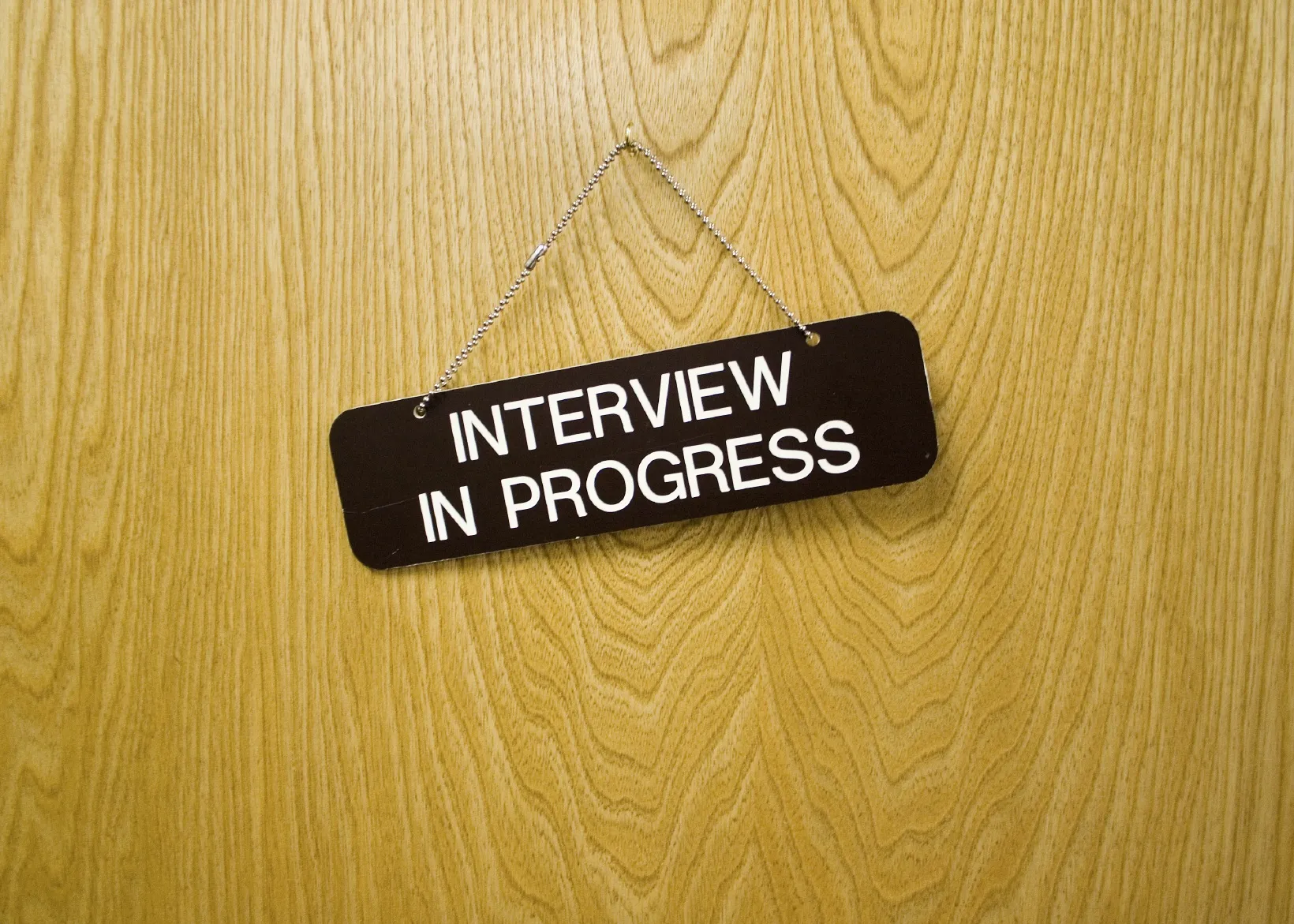
Thorough preparation is essential in advance of any industry job interview to ensure that you perform at the highest level possible. Making sure that your resume is in order, that you have accessed available sources to obtain vital information both on the company and the person who will be conducting the interview and practicing your responses to anticipated questions are all key to completing a successful interview. One additional step that is just as important, but often times overlooked is preparing a set of questions to ask of the interviewers to help you determine whether the company and the work environment are right for you. The interview process is designed for the interviewer, and in many cases interviewers, to ask a series of questions that will help determine whether your educational background and work experience, as well as your personality attributes are likely to lead to your success in the position. In the same way, your preparation should include highlighting key questions for the interviewers so you can determine how comfortably you will be integrating into this department and company. Aside from obtaining the basic information on the job, questions should be designed to evaluate your match with the company and the position in four general areas: Strategic: For a large company, assess the role the department and the position play in the overall success of the company. Example: How does the role/department fit into the overall mission of the company? For smaller companies, assess the viability of the business plan in leading to the long-term success of the company. Examples: What are the company’s short term and long term goals? What are the company’s sources of funding and are they adequate to reach those goals? Work Environment: Ask questions to assess things like the amount of flexibility and/or autonomy to work on your projects, relationships between managers and subordinates and the way that salary increases, bonuses and promotions are determined. Examples: Can you tell me more about the reporting structure? How will my success be measured, and by whom? Values: It is important to determine if the company’s values (the operating principles that guide an organization’s conduct), business practices and ethics are compatible with yours. Examples: What are the most important values (e.g. commitment to sustainability, customer service, profit) in this company? How are these values exhibited in the every-day work environment? “Fit”: You will be spending 40+ hours every week in the work environment. It is important that you determine how comfortable you will be in interacting with your bosses and co-workers on an ongoing basis. Examples: How would you describe the culture of the office? What are the key elements that make up a typical work day? When interviewing with multiple people within the company, asking similar questions to a number of them can give you different perspectives and, therefore a more complete picture of what it is like working at the company. Finally, when the interviewer asks, “Do you have any questions?” The absolute worst answer for you to give is, “No, not at this time.” This may communicate that you have not done your homework or that you are, in fact, not really interested in the position. Therefore, as you prepare your answers for the interviewer’s questions, it is equally important to prepare your questions. Asking relevant and insightful questions can, not only, solidify in the interviewer’s mind your genuine interest in the position, it can also provide you with important information on the company and its people to help with your decision.




